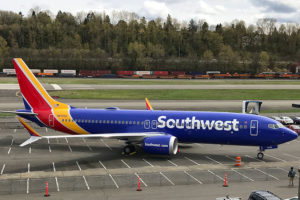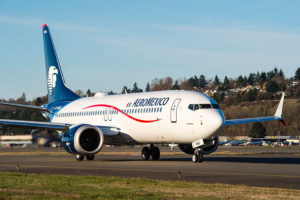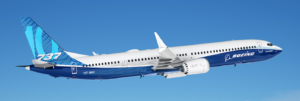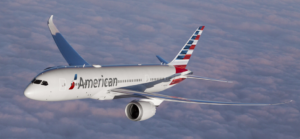CHICAGO (Reuters) – United Continental Holdings is applying for six of 12 new slots open to U.S. carriers at Tokyo’s Haneda International Airport in a push to increase daily nonstop flights to the Japanese capital ahead of the 2020 Olympic Games and beyond.
Haneda is located closer to downtown Tokyo than the capital’s other international airport Narita, and flies to more destinations throughout Japan, making it attractive for both business travelers and tourists.
Thursday is the deadline for applications to the U.S. Department of Transportation for the 12 extra Haneda slots that Japan has agreed to allot to U.S. airlines.
The extra slots for U.S. airlines were unlocked after Japan reached an agreement with the U.S. Air Force to open up new flight paths around a nearby U.S. air base, a move needed to boost Haneda movements in the run-up to the 2020 Olympics in Tokyo.
Completion of an aviation agreement between the U.S. and Japanese governments is expected later this year, United said. Flights are expected to begin service by the summer of 2020, once the U.S. Department of Transportation awards the slots.
U.S. carriers American Airlines Group, Delta Air Lines and Hawaiian Airlines are also expected to bid.
United wants to fly to Haneda from its hubs at Newark Liberty, Chicago O’Hare, Washington Dulles, Los Angeles International, Houston George Bush and Guam. The flights from Newark, Los Angeles and Guam would be new routes operated by Boeing 777 and 787 aircraft, while the flights from the other three hubs would be shifted from Narita.
Under the proposal, United said it would connect to 37 destinations in Japan from Haneda with its joint venture partner All Nippon Airways (ANA).
Industry analysts say a recent sale of Boeing 737 MAX aircraft to ANA may have weighed in the decision to grant more flying rights for U.S. airlines into Haneda, which airlines compete for aggressively due to the airport’s proximity to the Japanese capital, a major center for global commerce.
(Reporting by Tracy Rucinski; Editing by Chizu Nomiyama)
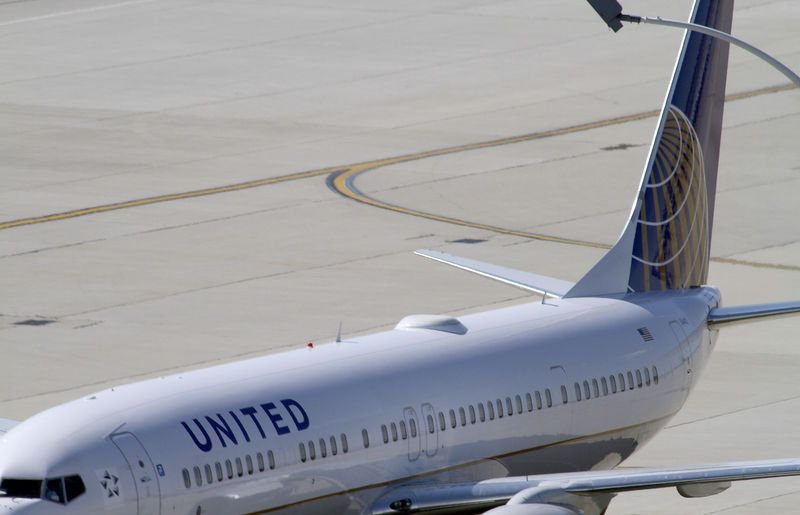
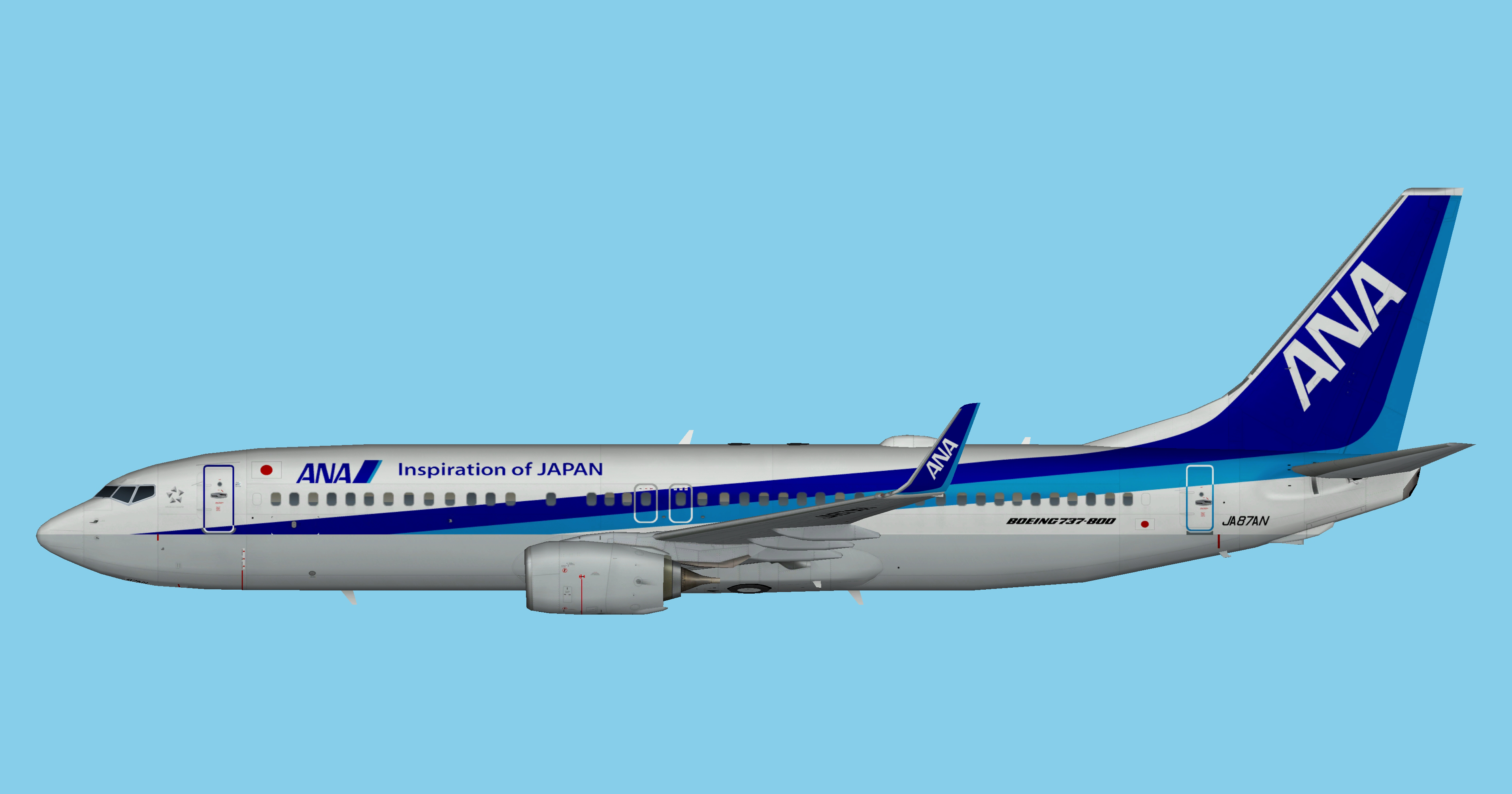


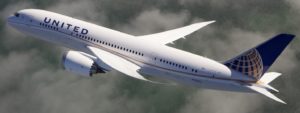
 For further information: United Airlines Worldwide Media Relations, 872-825-8640, media.relations@united.com
For further information: United Airlines Worldwide Media Relations, 872-825-8640, media.relations@united.com